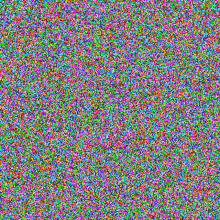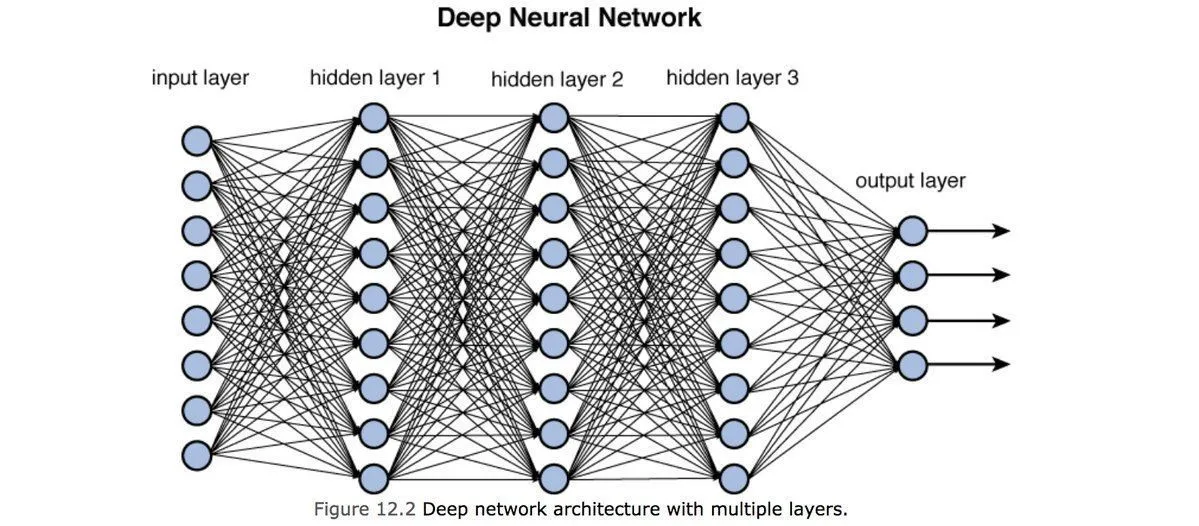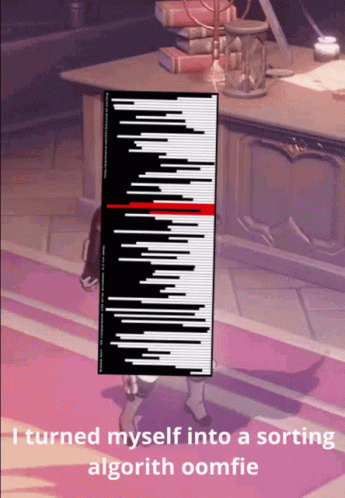Since deep learning is now in vogue I will try to explain my concept of FSRC in terms of deep learning; I am not hopeful the point will get through.
Note the image below on how AI is able to detect the image as that of a photographer.

What AI detect of the above image is basically billions of pixels, something like this;

It is only via an iterative learning process [via million or billion of iterations of continual improvements guided by selected criteria] that AI is able to produce the result 'photographer'.

Similarly for humans, all-of-reality is something like this;

and it is only via some sort of 13.77 billion years of physical processes and organic deep neural learning process via a 3.5 billion years of iterative processes that we humans could output reality as follows and all whatever is real in it;

Btw, this image itself is a resultant of the physical and organic deep learning itself. There is no absolute mind independent ontological substance within reality.

My point:
The deep learning neural network is an analogy for my embodied human-based FSRC.
Whatever is reality cannot be a pre-existing reality that is absolutely independent of the human conditions.
The point opposed the p-realists' claim that there is an absolutely independent reality that exists regardless of humans.
It is critical to understand why p-realists are so ideological stuck and dogmatic that they are unable to breakthrough the evolutionary default to understand the above anti-realists [Kantian] perspective of reality. This is a psychological issue.
Discuss??
Views??
